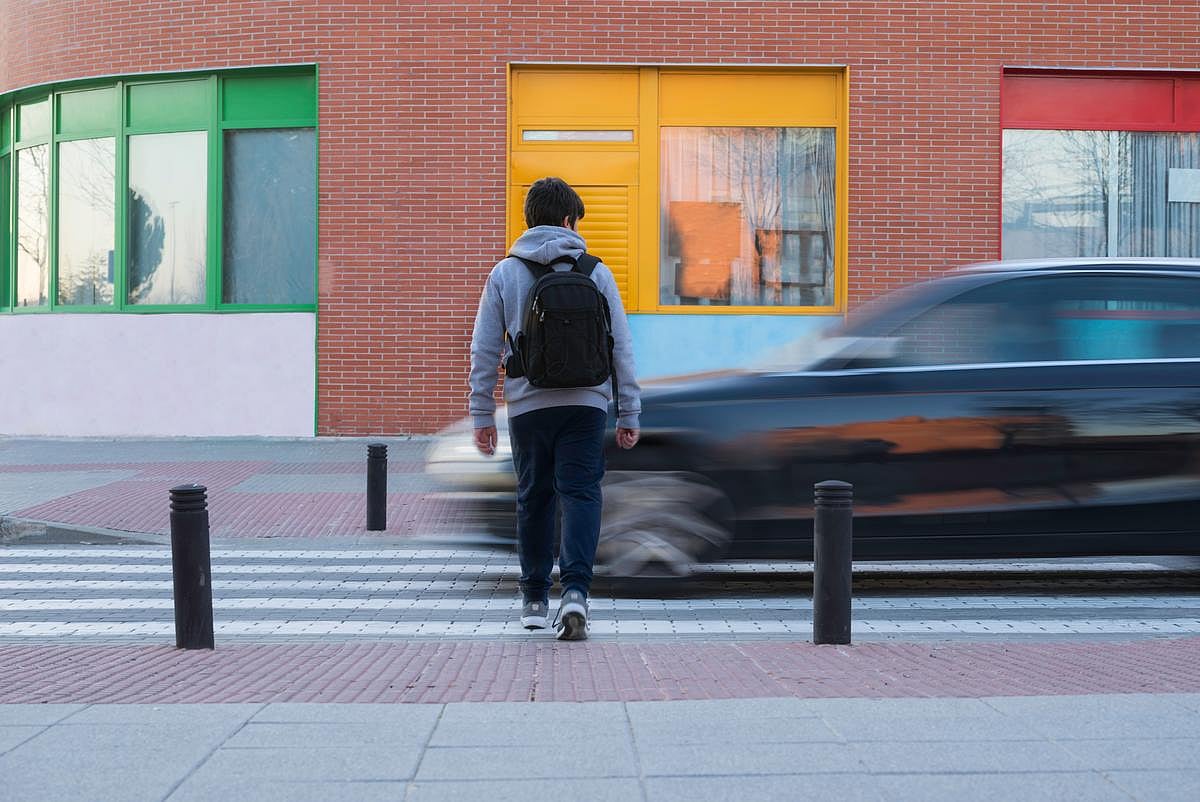Due to a recent change in our pharmacy software system, the process for submitting refill requests online has now changed.
Our previous mobile app and your current login credentials will no longer work.
Please click the Refill Prescriptions tab to begin the new process.
Thank you for your patience during this transition.
Get Healthy!

- Denise Maher
- Posted December 11, 2024
Car Height, Not Just Speed, Matters When Pedestrians Are Hit
Watch out for tall, fast-moving cars. The height of a vehicle, not only its speed, determines its potential danger to a pedestrian, new research shows.
“Multiple factors -- in this case speed and vehicle height--converge to create negative outcomes on the road,” said David Harkey, president of the Insurance Institute for Highway Safety (IIHS).
Measurements of the vehicles involved were used to examine the moderating effect of hood height.
“Our fondness for tall SUVs and pickups has intensified [the consequences of speeding]," Harkey noted in an IIHS news release.
The report involved an analysis of 202 crashes involving people ages 16 and older in cities across the United States. The accidents occurred between 2015 and 2022.
In general, higher vehicle front ends increased the likelihood of both moderate and serious pedestrian injuries, data showed. At 27 mph, the average speed of the crashes, a median-height car had a 60% chance of causing moderate injuries to a pedestrian and a 30% chance of causing serious injuries.
Risks rose along with hood height, however: A median-height pickup -- with a front end 13 inches higher than that of a median car -- had an 83% chance of causing moderate injuries and a 62% chance of causing serious injuries.
This tracks with earlier IIHS research that found that vehicles with taller front ends are more likely to kill people when they hit them. Compared to smaller cars, large vehicles popular in the United States, such as sports utility vehicles or SUVs, are more likely to harm internal organs.
"The increased risk and severity of injury from these vehicles is related to their tendency to inflict more severe injuries higher on the body: to the head, torso, and hip," study authors explained.
In addition to impact, car size influences how well a driver can see pedestrians.
"Taller vehicles may be more likely to be involved in certain pedestrian crash configurations than shorter ones, potentially due to limitations in driver visibility," the authors said.
In cases where the pedestrian is at the vehicle’s front corner, obstructed driver sight lines could make a collision more likely and may reduce pre-impact braking behavior, leading to greater injuries.
What's more, the findings reinforce the importance of redesigning vehicles and roadways to reduce speed in congested areas, the study authors said.
“It will take a combination of actions from different corners of the transportation world to improve pedestrian safety,” Harkey said.
More information
Find out more about collision dangers at the National Highway Traffic Safety Administration.
SOURCE: Insurance Institute for Highway Safety, report, December 2024





